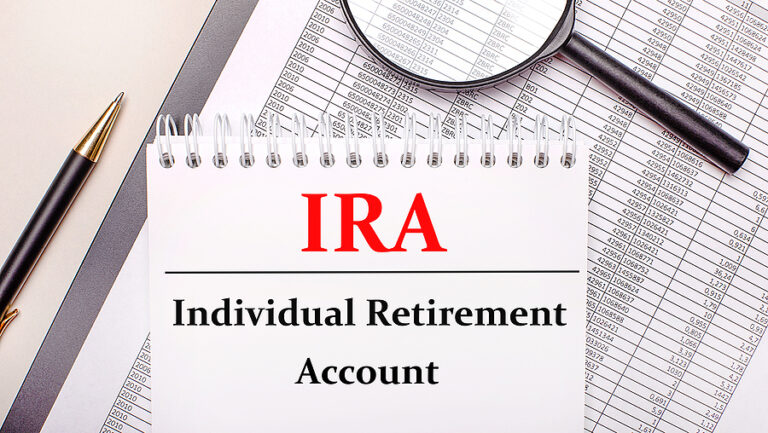
Can I Use an IRA to Reduce Estate Taxes?
There’s a tax-smart way to make bequests by using assets from individual retirement accounts at death.

There’s a tax-smart way to make bequests by using assets from individual retirement accounts at death.
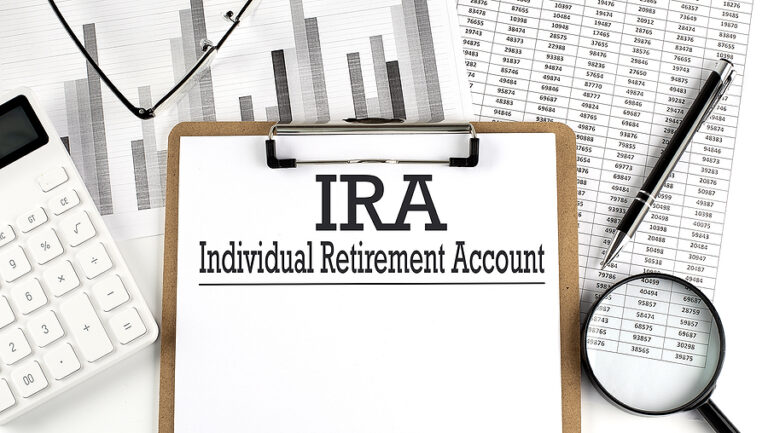
It may sound like it makes sense, and it might be easier than picking a person (or two) to name, however there are some serious downsides to naming your estate as the beneficiary for your IRA.
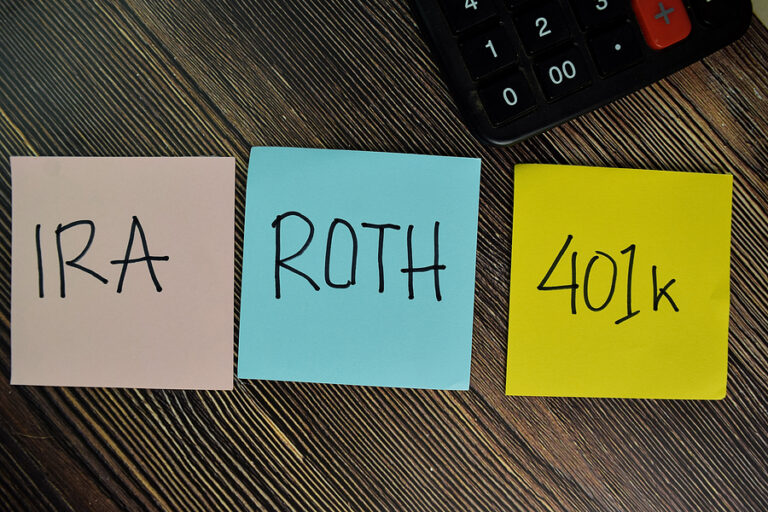
If you anticipate inheriting a 401(k) from a parent, a spouse or someone else, it’s important to know your options for minimizing tax liability.
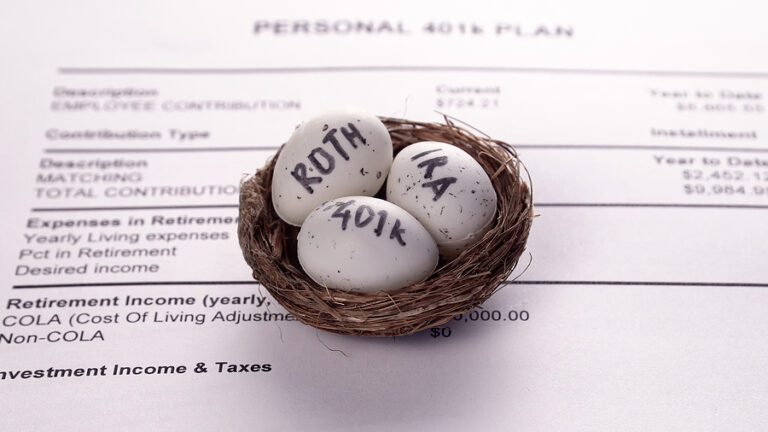
A Roth conversion involves liquidating assets in a tax-advantaged account like a traditional IRA or 401(k), paying taxes on the withdrawal, and then funding a Roth IRA. In the short run, investors will pay taxes (more on that below).
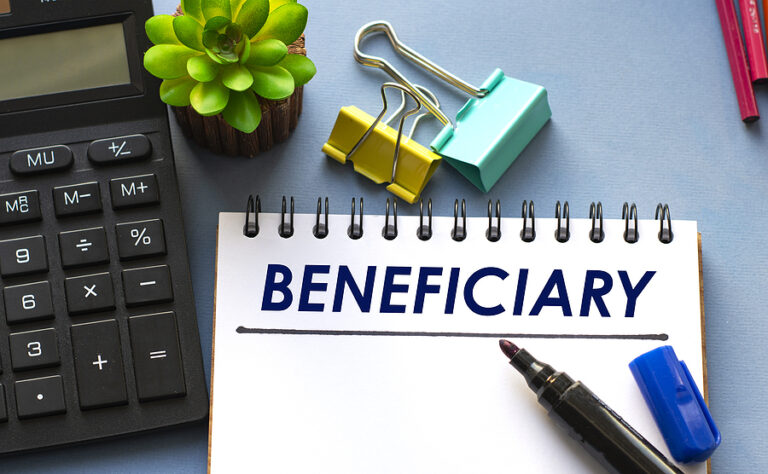
Here are five critical mistakes to avoid when dealing with your beneficiary designations.
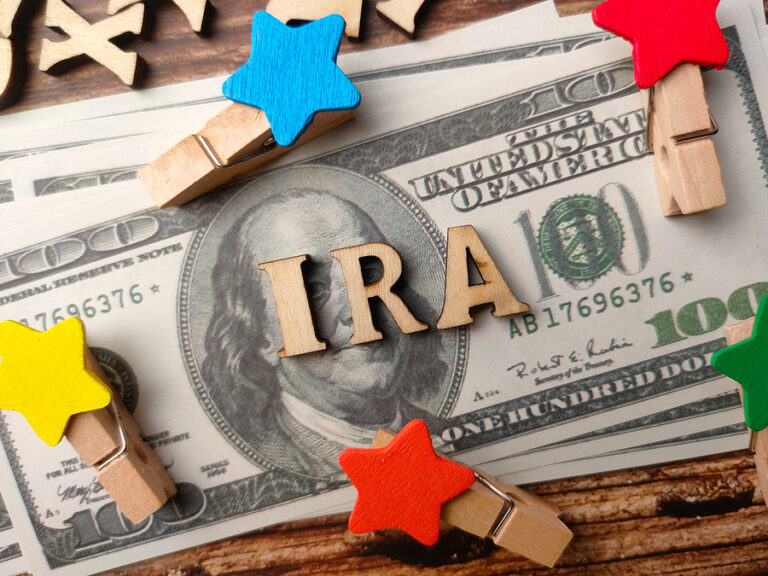
Maximize the impact of your legacy and make sure it supports the people and causes that are most important to you.
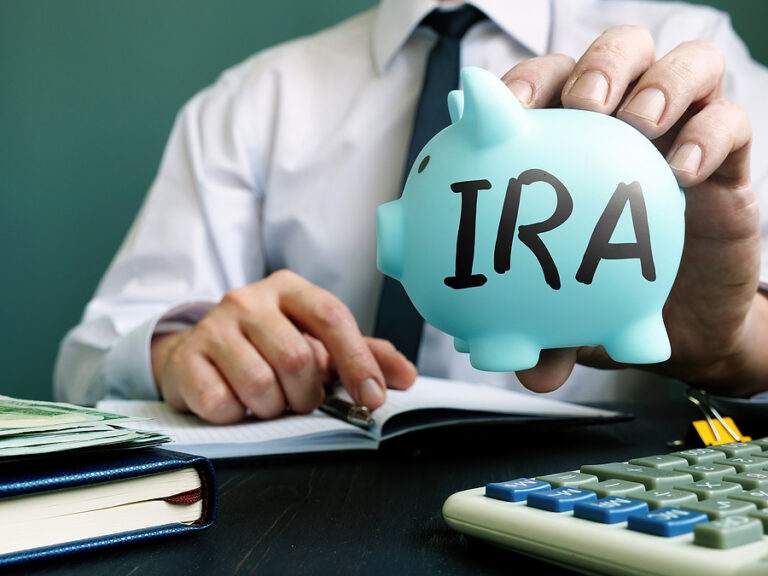
Use these suggestions to boost the balance in your retirement nest egg.
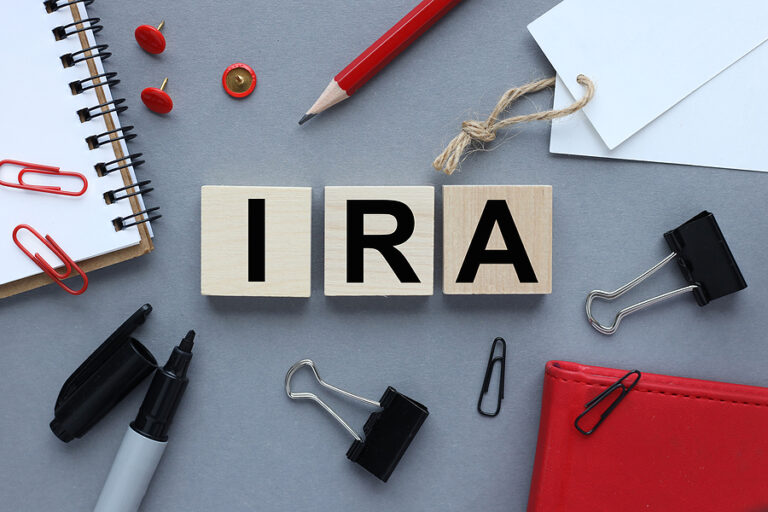
The IRS has good news for retirees: you can now keep more money in your tax-deferred retirement accounts thanks to lower required minimum distributions (RMDs).
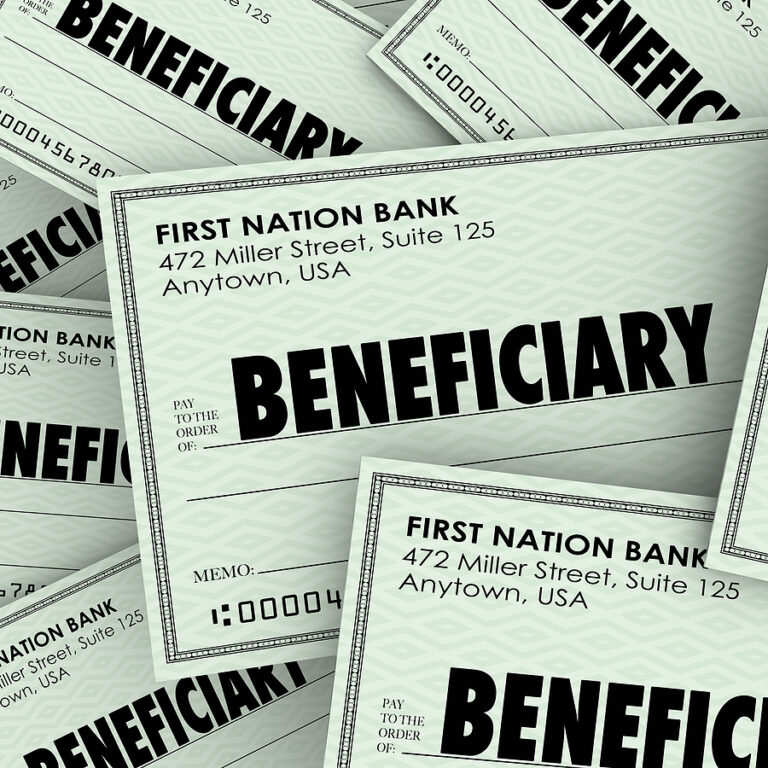
Choosing a beneficiary can be very simple, yet very important in any account that requires it.
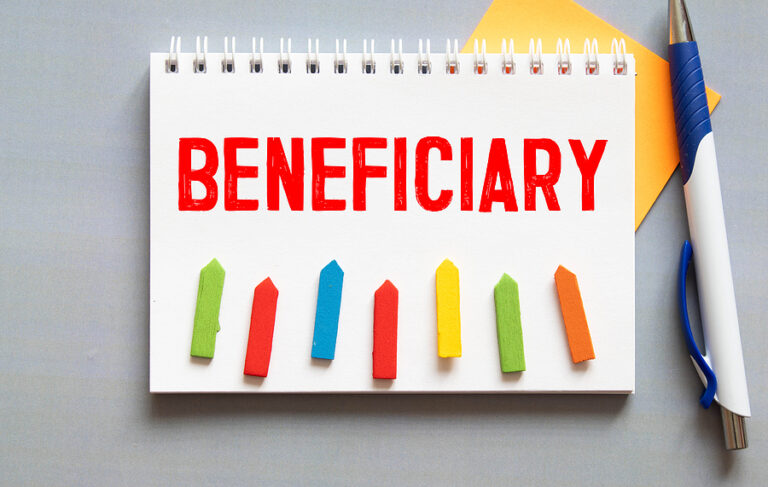
When you set up your estate plan it is important to coordinate the legal planning documents that you or you and your attorney create with the document provided by your retirement account custodian and/or your life insurance carrier called a ‘Designation of Beneficiary.’
3112 Jackson Street
Alexandria, LA 71301
1070-B West Causeway Approach
Mandeville, LA 70471